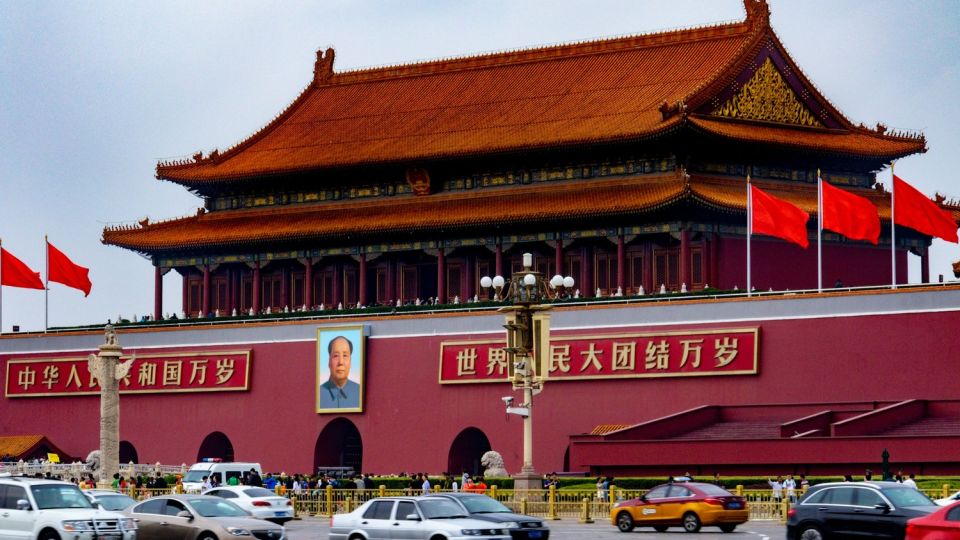July 22, 2024
BEIJING – China’s continuous reform measures and high-level opening-up will inject fresh momentum into its economic growth, creating more opportunities for multinational corporations to invest and thrive in the country, said market observers and business executives on Sunday.
They added that China’s accelerated cultivation of new quality productive forces, along with its industrial transformation and upgrading, will further facilitate trade and investment globalization, and make global businesses profitable in the country.
Their comments came as China vowed to deepen reform for better management of foreign investment.
According to the full text of the Resolution of the Central Committee of the Communist Party of China on Further Deepening Reform Comprehensively to Advance Chinese Modernization, which was released on Sunday, China will expand the catalog of industries encouraging foreign investment and reasonably reduce the items on the negative list for foreign investment access.
China will fully remove the restrictions on foreign investment in the manufacturing sector and promote wider opening of sectors such as telecommunications, the internet, education, culture and healthcare, according to the resolution.
Chen Wenling, chief economist at the Beijing-based China Center for International Economic Exchanges, said that China’s new round of economic reforms will effectively curb the protectionist behavior of some local governments, consolidate the global supply chain system, and create a closer synergy between foreign investment and the country’s economic development.
Denis Depoux, global managing director at market consultancy Roland Berger, said the reforms in China’s economic sector and the development of its new quality productive forces aim to enhance productivity through innovation.
“This, in turn, will drive higher domestic consumption and stimulate further economic growth,” Depoux said.
Zhang Chundi, vice-president for China at Decathlon, said the French sporting goods manufacturer and retailer plans to open 20 to 30 new stores in China in each of the next two years.
As one of the few markets globally that are proficient in manufacturing, logistics, product design and retail, China currently accounts for 44 percent of Decathlon’s global business volume.
“China’s consistent opening-up measures have brought multiple benefits to foreign companies,” said Zhang, adding that this not only provides wider market access, but also helps simplify administrative procedures and improve service efficiency.
Mohammed Al Ajlan, chairman of the Saudi-Chinese Business Council, said that China is making substantial efforts to help companies, especially small and medium-sized manufacturers, achieve effective industrial upgrades and transformation.
By enhancing the high-end, intelligent and green aspects of the manufacturing industrial chains across the country, these efforts will offer significant opportunities to global investors, he said.
Oliver Giersberg, senior vice-president and chief operations officer for China at BSH Home Appliances Group, a German manufacturer with 11,000 employees in the country, said that China’s overall environment has fueled the company’s creativity and innovation, boosting its development globally.
Amid China’s vigorous push for innovation, Giersberg noted that the country’s fast-growing digitalization and artificial intelligence sectors closely align with the company’s growth strategy. “Now, more than ever, we are eager to leverage these factors to achieve global success,” he added.
China saw the establishment of 26,870 new foreign-invested enterprises in the first half of the year, marking a 14.2 percent year-on-year increase, data from the Ministry of Commerce showed.
On Wednesday, the ministry emphasized that it will continue to promote high-level opening-up and improve the business environment, ensuring equal treatment for domestic as well as foreign companies.


